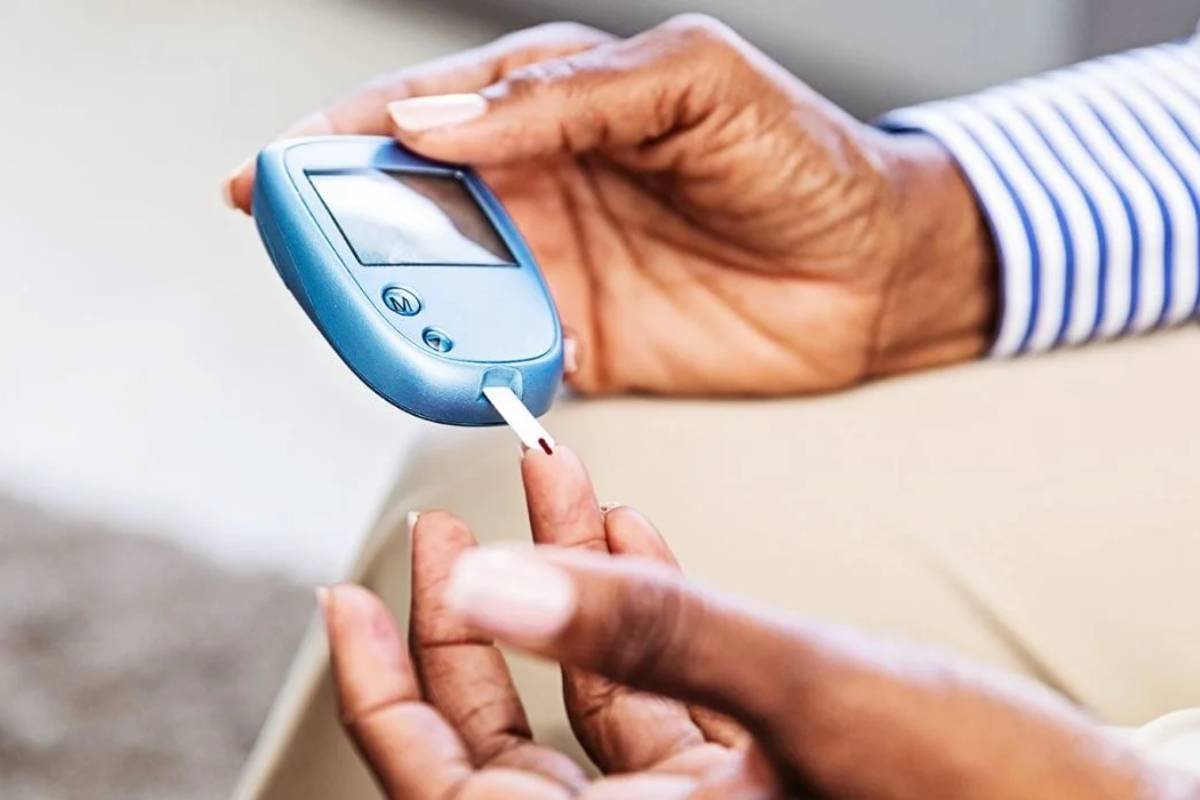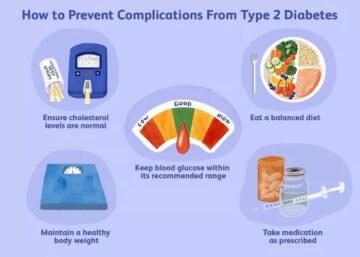
Controlling sugar intake is essential for maintaining good health, particularly when it comes to managing conditions like diabetes, preventing obesity, and reducing the risk of heart disease. Here are some strategies to help you control your sugar consumption:
Read Food Labels: Start by reading the nutrition labels on packaged foods. Look for the “Total Sugars” line and check for added sugars. Ingredients like sucrose, high fructose corn syrup, and other sugar-related terms are indicators of added sugars.
Choose Whole Foods: Whole, unprocessed foods like fruits, vegetables, whole grains, and lean proteins are naturally lower in sugar. Make them the foundation of your diet.
Limit Sugary Beverages: Cut back on sugary drinks like soda, fruit juices, and energy drinks. Opt for water, herbal tea, or sparkling water with a splash of citrus for a refreshing alternative.
Reduce Desserts and Sweets: Limit consumption of sweets, pastries, and desserts. Reserve them for special occasions rather than daily indulgences.
Control Portion Sizes: Be mindful of portion sizes, even with foods that are considered healthy. Consuming large portions can result in excessive sugar intake.
Cook at Home: Preparing meals at home gives you more control over the ingredients and allows you to choose healthier options. You can also use less sugar when cooking or baking.
Choose Low-Sugar Snacks: Opt for snacks like plain yogurt, unsalted nuts, or whole fruits instead of sugary snacks. If you need a sweet treat, consider healthier options like a small piece of dark chocolate.
Use Natural Sweeteners Sparingly: If you must sweeten your food or drinks, consider using natural sweeteners like honey or maple syrup in moderation. Be aware that they are still sources of sugar and calories.
Be Mindful of Hidden Sugars: Sugar can hide in unexpected places, such as salad dressings, sauces, and condiments. Check labels and choose lower-sugar alternatives when possible.
Stay Hydrated: Sometimes, thirst can be mistaken for hunger, leading to sugar cravings. Drink water regularly to stay hydrated and reduce the likelihood of reaching for sugary snacks.
Plan Your Meals: Plan your meals and snacks ahead of time to avoid making impulsive, sugary choices when you’re hungry.
Limit Alcohol: Alcoholic beverages can contain significant amounts of sugar. Consume alcohol in moderation, and be mindful of cocktails and mixers that may be high in sugar.
Practice Moderation: It’s not necessary to completely eliminate sugar from your diet, but rather to consume it in moderation. Allow yourself occasional treats, but don’t make them a daily habit.
Seek Support: If you have a specific medical condition like diabetes or are struggling with sugar addiction, consider seeking support from a healthcare professional or a registered dietitian.
Remember that reducing sugar intake is a gradual process, and it’s essential to find a balance that works for your individual needs and preferences. Making sustainable changes to your eating habits and lifestyle is key to long-term success in controlling sugar consumption and improving your overall health






